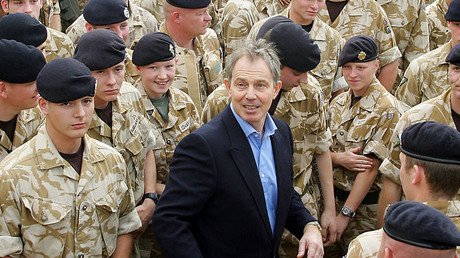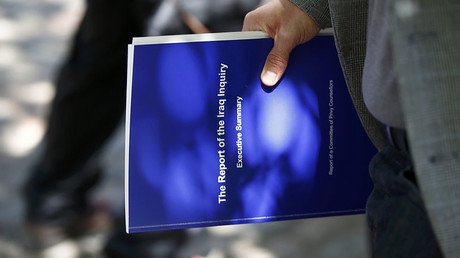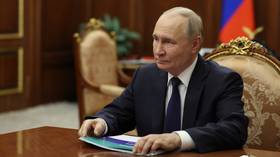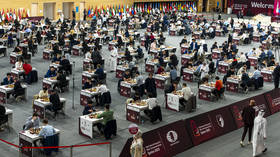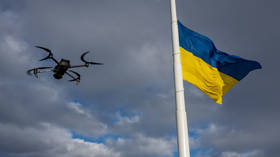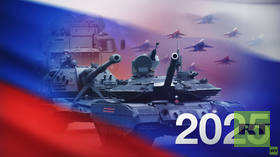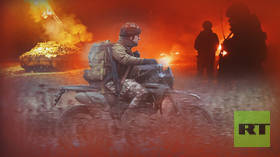British spies gave faulty intelligence on Iraq, then quietly withdrew it - Chilcot
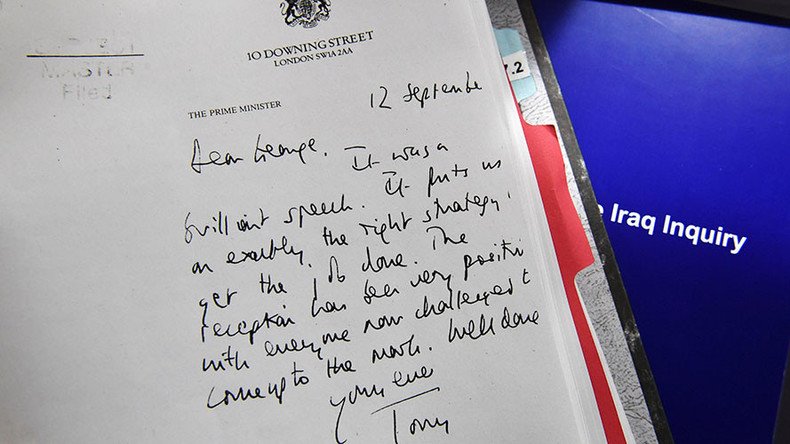
The Chilcot report into Britain’s invasion of Iraq is highly critical of the UK intelligence services, saying it provided “flawed” information about Saddam Hussein’s alleged weapons of mass destruction (WMD).
In his damning report on the Iraq war, released on Wednesday, Sir John Chilcot slams security agencies such as MI6 over major errors in their intelligence gathering and assessments.
Chilcot says it worked on the “misguided assumption” that Saddam had WMD - a threat which turned out to be non-existent and was the basis for war - and made no effort to investigate otherwise.
“At no stage was the proposition that Iraq might no longer have chemical, biological or nuclear weapons or programmes identified and examined by either the joint intelligence committee (JIC) or the policy community,” the report says.
In September 2002, MI6 reported it was on the edge of a “significant breakthrough” after finding a new source inside Iraq with “phenomenal access” to information about WMDs.
The source, which said Iraq had accelerated production of chemical and biological weapons, was later described in MI6 notes as having been lying to SIS over a period of time.
However, the reports were used to provide assurance in drawing up a 2002 dossier preparing the case for war. Reports from that agent were still being reissued in April 2003.
According to the Chilcot report, MI6 “did not inform No 10 or others that the source who had provided the reporting issued on 11 and 23 September 2002, about production of chemical and biological agent, had been lying to SIS.”
In July 2003, the reports were officially withdrawn, but in a “low key manner compared with the way in which the original intelligence was issued.”
Blair was not originally told the source’s information had been withdrawn.
The Chilcot report is highly critical of Sir John Scarlett, the chairman of the JIC, and the then MI6 chief, Sir Richard Dearlove.
Chilcot says Scarlett is to blame for failing to ensure the assessments of the intelligence community were properly reflected.
Chilcot says intelligence services got some assessments correct, which were largely ignored by Blair.
They included that while Saddam had the potential to proliferate WMDs to Islamic terrorists, he was unlikely to do so. Furthermore, Iraq was likely only to mount a terrorist attack in response to military action and if the existence of the regime was threatened.
The intelligence community also assessed it would take Saddam four to five years to acquire enough fissile material to build a nuclear weapon, but the Blair dossier claimed it could be achieved within a year or two.
The report says Blair presented assessments by the spy agencies to parliament with a “certainty that was not justified” by the intelligence that had been gathered.
The report says “the flaws in the construct and intelligence were exposed after the conflict.”
